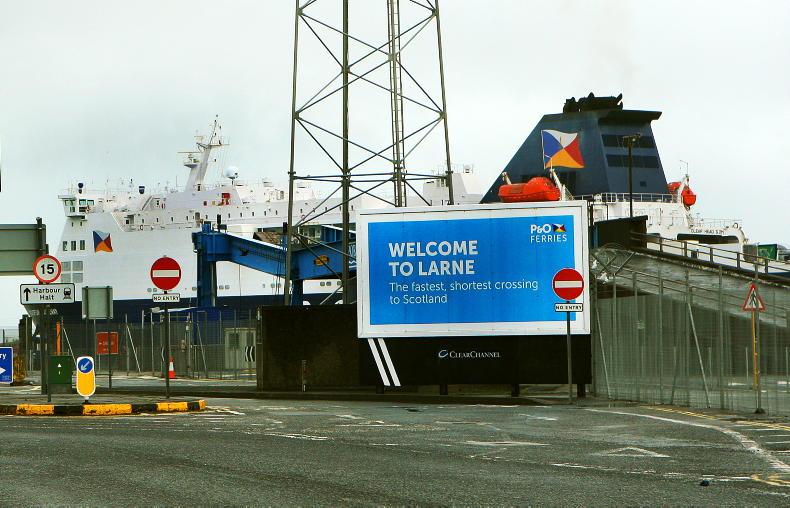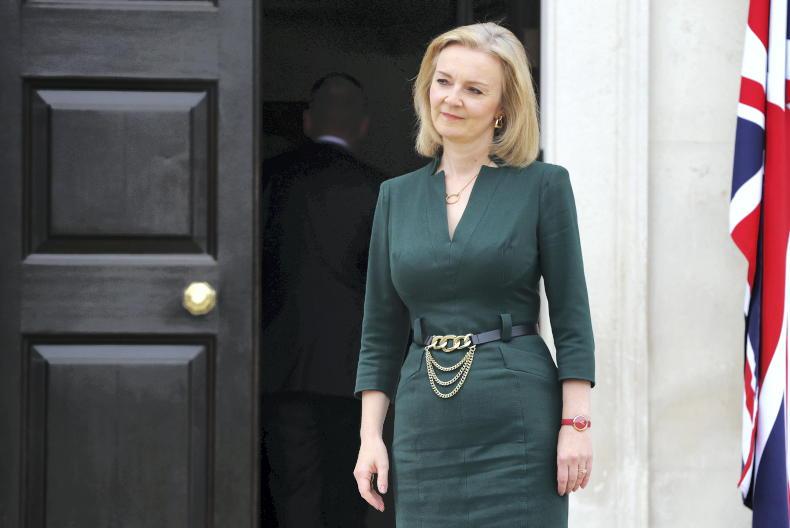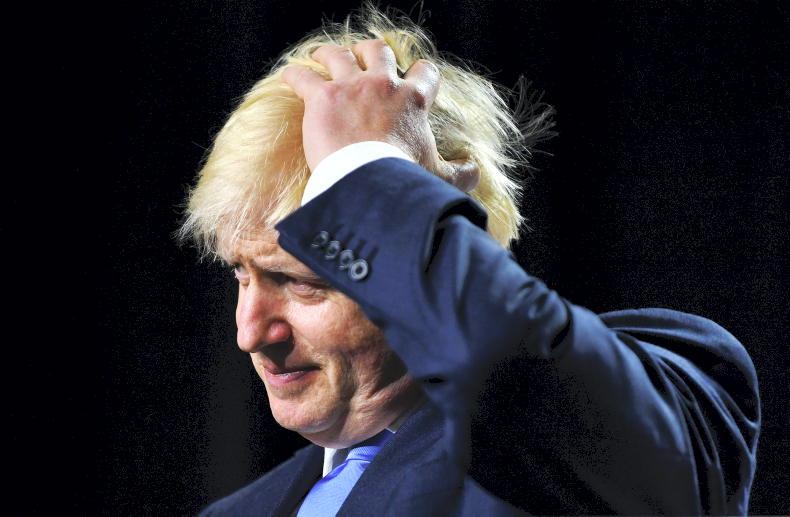Despite refusing the opportunity offered by the EU to extend the transition period for departure from the EU single market and customs union, the UK government has adopted an à-la-carte approach to extending transition arrangements.
Little notice was taken at the start of the year when it indicated a phased approach to introducing controls on imports starting in April and July this year.
However, last week’s announcements about unilaterally extending transition arrangements for trade between Britain and Northern Ireland (NI) have created another row with the EU.
Finding a long-term workable solution to the trade difficulties between Britain and NI will be challenging
Yet, when the political shapes are all thrown, the UK and EU will need to find a way of co-existing as neither can choose to relocate to another part of the world in the way that people who can no longer stand each other, have the option to.
Finding a long-term workable solution to the trade difficulties between Britain and NI will be challenging but not impossible and will involve the best minds from farming, industry, retail and the senior civil service who are tasked with finding a workable agreement and implementing it.
Political involvement at present is best left to the occasional photo opportunity and soundbite but less is definitely more.
Impossibility of operating the NI Protocol
Meetings of the agriculture committees in Belfast and Westminster heard telling evidence from industry and government officials on just how unworkable present arrangements are, particularly in relation to NI. The agreement negotiated by the UK Government with the EU and approved by Parliament to come into effect on 1 January is simply unworkable.
NI is carrying out 20% of all checks on goods entering the EU single market for the first two months of 2021
This is broadly understood in Brussels as well and it wasn’t helpful or necessary for the UK to unilaterally act as it did.
Put simply, as things stand with the grace period excluding goods coming into NI from Britain for supermarkets, NI is carrying out 20% of all checks on goods entering the EU single market for the first two months of 2021. That is despite being part of the UK and having just 1% of the population of the entire EU.
Agreement could never be delivered
Referring to checks on retail goods specifically, Robert Huey, the chief veterinary officer (CVO) in NI, told the committee that his team were at and beyond their limit in the present setup and they simply don’t have the capacity to ramp up further if the grace period ended. The EU and UK agreed that supermarkets would be excluded from checks until 1 April and now this has been extended unilaterally by the UK until 1 October.
Huey told the committee that his team is currently doing about 1,350 checks per week but this would surge to somewhere between 20,000 and 30,000 if the grace period ended, similar to what is done in retail across the entire EU. This reflects the fact that distribution chains between Britain and Northern Ireland are for domestic food supplies, not bulk containers of internationally traded commodities.
Such arrangements for trade between Britain and NI simply aren’t practical and should never have been agreed in the first place. However, it now has to be fixed and, interestingly, the NI CVO’s response when questioned about a UK EU veterinary agreement was that “discussions haven’t started yet but when they do I will be all over it”.
This is the roadmap to a more settled position.
It isn’t just an NI problem within the UK, the Environment, Food and Rural Affairs Committee committee in Westminster also heard multiple accounts from industry bodies and levy organisations on how impossibly difficult exporting from the UK to the EU had become.
It was also interesting to hear that none of the trade organisations were convinced that the UK will be ready to introduce its checks on EU goods on 1 April as planned.
The UK can choose to extend this transition arrangement to a later date unilaterally without any issue
This is one that Irish farmers and exporters will be watching with interest as the prospect of full veterinary certification from 1 April would add an administrative burden and cost to Irish exports.
The UK can choose to extend this transition arrangement to a later date unilaterally without any issue in the EU unlike the extension under the NI Protocol.
If the UK were to do this, it would be very welcome news for Irish farmers and exporters and would also create a space in which a more settled veterinary agreement could be agreed between the EU and UK.










SHARING OPTIONS